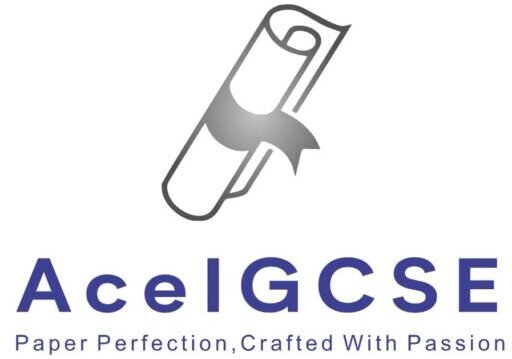Why IGCSE Past Papers are Essential for Exam Preparation
IGCSE past papers serve as a crucial component in the arsenal of any student’s exam preparation strategy. The primary advantage of utilizing past papers lies in their ability to familiarize students with the exam format itself. By working through these papers, students gain an understanding of the structure, the types of questions asked, and the distribution of marks. This familiarity can significantly reduce the element of surprise on exam day, thereby leading to better time management and a more strategic approach to answering questions.
Beyond understanding the format, past papers provide a practical means to gauge the difficulty level of the questions and the depth of knowledge required. This insight allows students to tailor their revision sessions more effectively, focusing on areas where they need improvement. Consistent practice with past papers can also enhance time management skills, as students learn to allocate the appropriate amount of time to different sections of the exam.
The psychological benefits of using past papers should not be underestimated. Regular practice can help mitigate exam anxiety by creating a sense of familiarity and predictability. As students become more accustomed to the exam conditions and question styles, their confidence levels naturally increase. This boost in confidence can be a game-changer, potentially improving overall performance.
Insights from educators and successful students underline the importance of incorporating past papers into study routines. Many educators advocate for their use, emphasizing that past papers offer a realistic benchmark for students to measure their progress. Successful students often attribute their achievements to the rigorous practice of past papers, noting that this practice made them more adept at handling the actual exam.
In conclusion, the use of IGCSE past papers is indispensable for thorough exam preparation. They provide invaluable insights into the exam format, enhance time management skills, and offer psychological benefits that collectively contribute to a more effective and confident exam performance.
For students preparing for the International General Certificate of Secondary Education (IGCSE), utilizing past papers organized by topic can be a transformative tool. By categorizing questions according to specific subjects, learners can pinpoint areas of proficiency and those needing improvement, thereby permitting a more targeted and efficient revision approach. Understanding where one’s strengths and weaknesses lie is crucial for effective learning, as it allows students to allocate their study time judiciously.
The methodology for breaking down complex questions involves several key steps. Initially, students should analyze the question to discern its core components and requirements. This entails identifying keywords and command terms to understand what is being asked. Following this, the step-by-step deconstruction of the problem is essential. By solving each part of the question sequentially, students can grasp the underlying concepts and logical processes involved. This incremental approach not only simplifies the learning process but also enhances retention by reinforcing the material in manageable segments.
Integrating topic-wise solutions into a study schedule can significantly enhance learning outcomes. To effectively use these resources, students should first create a structured timetable that allocates specific times for each subject area. Regular practice with topic-specific questions allows for repeated exposure to varied question types, which can improve familiarity and confidence. Additionally, students should periodically review their progress and adjust their study plans to focus on weaker areas, ensuring a balanced and comprehensive understanding of the curriculum.
For instance, when tackling a topic like Trigonometry, students might encounter a problem requiring them to find the sine, cosine, or tangent of a given angle. By breaking this down, they would start with understanding SOHCAHTOA principles, followed by substituting the known values into the appropriate formulas, and finally solving for the unknown variable step-by-step. Providing detailed solutions for such questions not only demystifies complex problems but also demonstrates practical application, fostering a deeper comprehension.
In conclusion, utilizing topic-wise past paper solutions is an invaluable strategy for mastering the IGCSE. By systematically addressing individual topics and practicing with targeted questions, students can enhance their understanding and performance in exams. This structured approach, complemented by step-by-step solutions, equips learners with the skills and confidence needed for academic success.

Your writing awakens the mind and softens the heart — a rare and powerful combination.